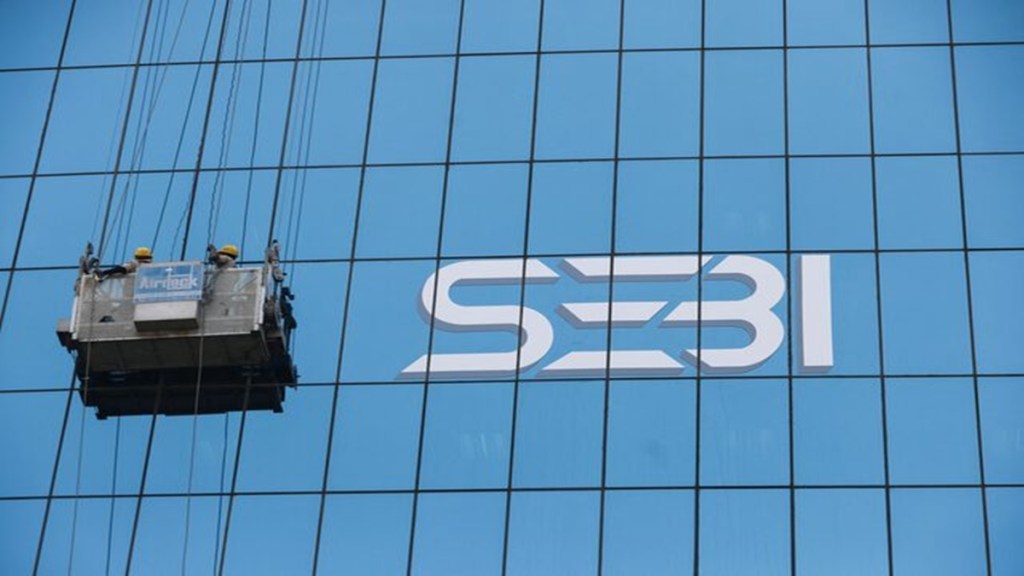By Ananya Grover & Nesil Staney
The Securities & Exchange Board of India’s secondary market advisory committee has approved the proposal to shift to a delta-based calculation of open interest. However, the change will take effect with a higher limit on index options of Rs 10,000 crore gross on each side and Rs 1,500 crore net, said people in direct knowledge.
In its February consultation paper, the regulator had proposed a net future equivalent limit of Rs 500 crore and a gross limit of Rs 1,500 crore. It had noted that currently, for index options, the monitoring mechanism adds long and short notional positions to arrive at a net figure.
The regulator has also decided to do away with the intraday limits. According to sources, 55% of the public comments received had disagreed with this proposal, the largest among the nine proposals mentioned in the consultation paper. The change should not be looked at as a relaxation, as the limit was set for supervisory concern, and the regulator is not giving up on that intent, it will achieve the objective through surveillance and four random checks will be conducted in a day. “Regulations shouldn’t make up for issues around surveillance,” the people said, adding that the focus has been to exercise sharper control on possible concentration and manipulation risk and putting regulatory limits will stifle the market.
Further, sources have hinted towards more actions in the derivatives space, as in spite of the measures taken last year, to contain the speculative trading in index options, particularly on expiry day, the activity continues to be high. The phase two of these regulations, unlike phase one, is not for reducing the volumes but to provide better risk metrics.
The Futures Industry Association, an industry body for global derivatives had sought delta-adjusted position limits of Rs 7,500 crore rupees net, which it described as in line with the current size of India’s derivatives market. It had also said that these measures could dampen market liquidity, increase trading costs, and introduce operational complexities. “They may lead to wider bid-ask spreads, heightened market volatility, and reduced participation from institutional investors, ultimately impacting market depth and efficiency,” their letter to SEBI said. Additionally, while intended to enhance risk management, these restrictions could create inefficiencies that could inadvertently increase the likelihood of price manipulation.”


